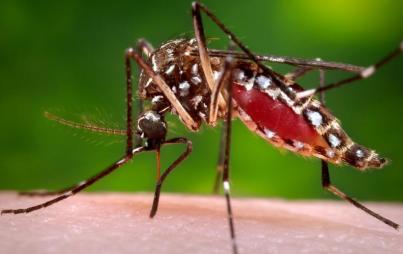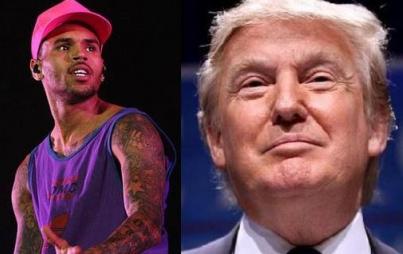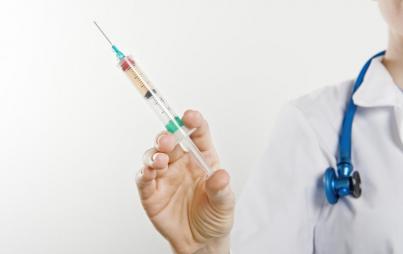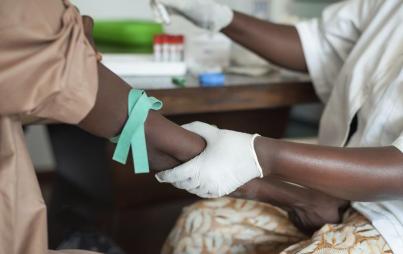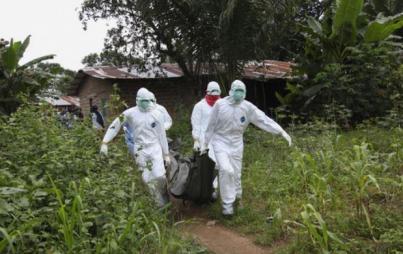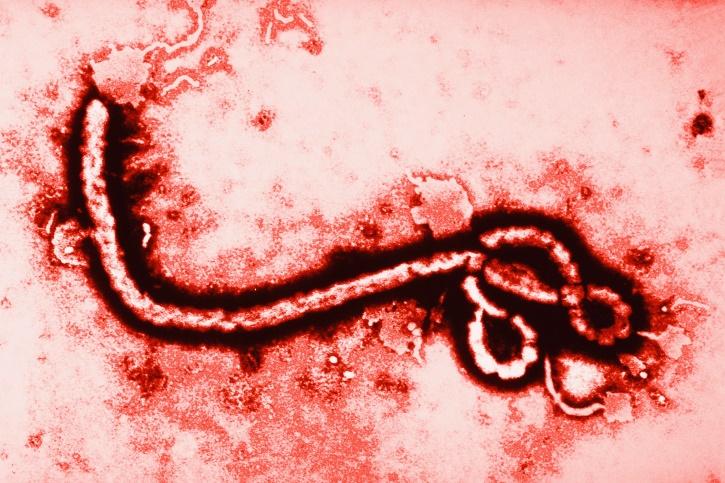
Credit: ThinkStock
"Ebola will never make it here," my patient said in between open-mouthed bites of hard-boiled egg. "This is a clean country. It's not Africa."
We have long comforted and coddled our cultural egos with this convenient narrative—that disease was somehow attracted to "dirty" places like Africa. That, like a moth to flame, it kept a comfortable distance from anywhere it could do any damage—like scaring people at 3 in the morning when they try to get a drink of water.
This sort of thinking is a holdover of colonialism. Also: wrong.
Even those with the specialized training to handle disease—who "keep "clean", who come from "clean countries"—are being consumed, indiscriminately, by the Ebola outbreak that one fears will reach "horror movie" levels of harrow any day now.
They wash their hands, they wear masks—even something as innocuous as using the same pen between patients can lead to bedridden malady.
Still: Sickness finds a way. Even if it has to take the redeye.
Amber Vinson, a nurse at Texas Health Presbyterian Hospital, has been confirmed as contracting the Ebola virus. Vinson worked alongside Nina Pham, also infected, in the treatment of Thomas Eric Duncan, who succumbed to the disease—the first on U.S. soil—on October 8. Duncan's death has sparked discussion on American unpreparedness for an epidemic that, per the UN, is 60 days away from being beyond our means to manage.
Vinson had flown to Ohio to plan her wedding before Nina Pham's infection was known. As Ohio officials work to corral the contagion (Kent State employees related to Vinson have been banned from the campus for a period of 21 days per CDC protocol), Vinson is being treated in an Atlanta hospital, 780 miles from the point of contact.
This may be for the best: The Dallas hospital has come under fire from the media and larger medical community for its mishandling of the risk.
The CDC has begun interviewing Vinson's 132 co-passengers on her flight from Cleveland back to Dallas.
Just 14 days ago, an Ebola outbreak in the United States was an impossibility. Today, there are at least three American cities with a present or imminent risk of infection.
Yesterday, Doctors Without Borders reported 16 staff members with infections—9 of whom have died. The shortage of health care workers is so stark and severe that Guinea put up a nationally televised ad pleading for retired doctors to return to work.
The current death toll, with a 70% mortality rate in West Africa, is 8,997, with incidents in Sierra Leone, Germany, Liberia, and Dallas. Infestations are expected to escalated to 10,000 new cases a week.
The disease is spreading, wearing down the international health care infrastructure in the process.
It is not a "clean break." Returning to a tidy western nation does not sanitize. It does not quarantine. These things require human intervention—work that exhausts and exposes those brave enough to heed the call.
The effective treatment of Vinson and any she may have infected on her trip is critical in keeping an upper hand on a disease we can't outgun: America is 20th in the country in licensed physicians per 1,000 people (though we are number one in the specialists to generalists ratio by a landslide—so we won't have to import too many MD's with an expertise in Infectious Disease).
That's a lot to handle right now. Here's a video of someone being thrown off a plane for sneezing and saying "Sorry, I came from Africa."

